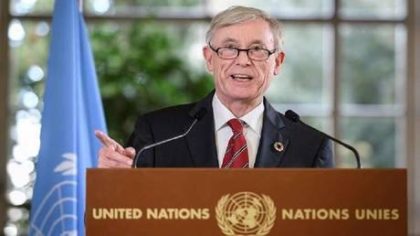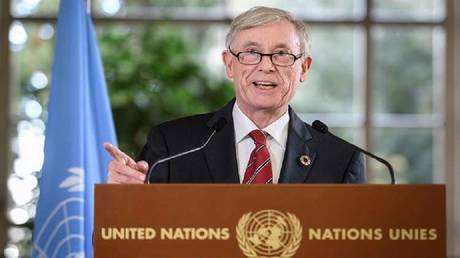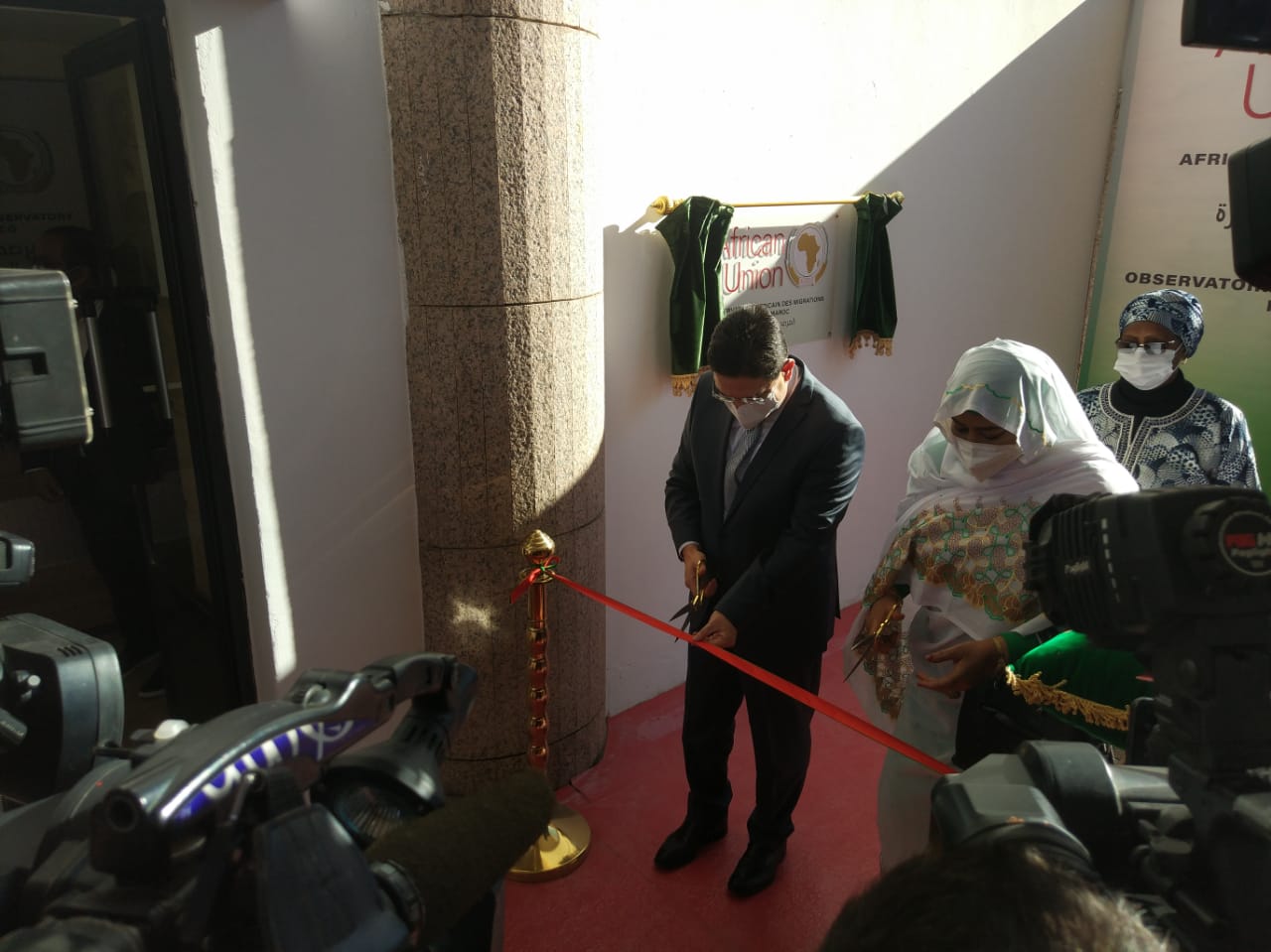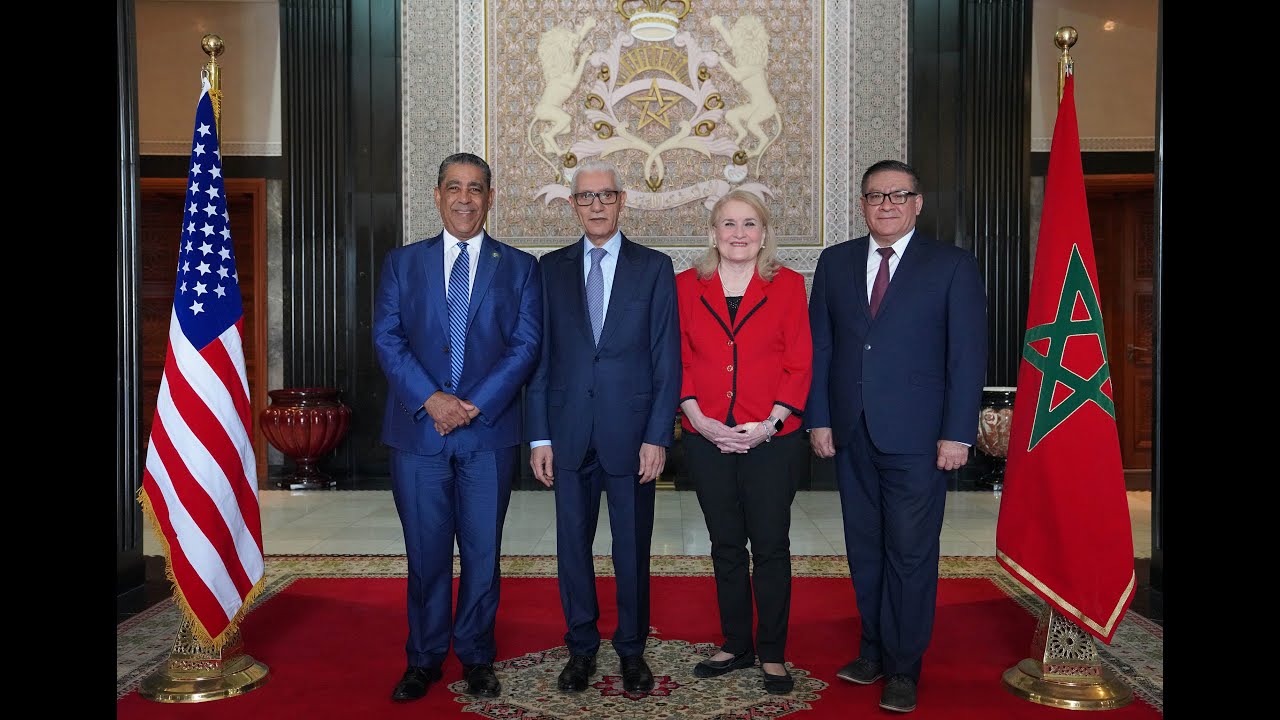 Two years after taking office, UN Special Envoy to the Sahara Horst Köhler submitted his resignation citing health reasons, a decision that analysts say could bring negotiations over the Sahara issue to square one.
Two years after taking office, UN Special Envoy to the Sahara Horst Köhler submitted his resignation citing health reasons, a decision that analysts say could bring negotiations over the Sahara issue to square one.
After years of stalemate, the former German president managed to bring the four parties Morocco, Algeria, Mauritania and the Polisario back to the table of negotiations in order to find a lasting, political, mutually acceptable and realistic solution to the over four-decade conflict.
He brought the parties together in two occasions (December 2018 and March 2019) in Geneva with a third round table scheduled but never took place leading many observers to question the reasons of Köhler resignation.
The departure of Köhler could bring the whole process to a standstill and erase all the progress that has been made so far by Köhler who made sure to repair the bias done by his predecessor Christopher Ross.
But hopes remain that a successor of Köhler would build on what has been achieved in terms of trust building and revival of negotiations in line with Security Council resolution that stress the need for all parties to negotiate in good faith without pre-conditions in order to reach a consensual and political solution.
However, the resignation could also pave the way for the US to push for the appointment of one of its diplomats to succeed Köhler, a decision which may be influenced by Trump’s top security advisor, John Bolton, whose stands verge on finding a rapid solution to the conflict as by the past he pressured to reduce the MINURSO mandate from 12 to 6 months.
Morocco expressed regrets at the departure of Köhler and commended his leadership. The Polisario and Algeria also voiced regrets over his resignation although his term was marked by resolutions that highlight the responsibility of Algeria in perpetuating the conflict while calling on the Polisario to show realism in negotiations.
After Morocco retrieved the Sahara from colonial Spain, Algeria, along with few communist nations, hosted and armed the Polisario, which laid secessionist claims to the Sahara and launch hit and run attacks on the Moroccan armed forces.
The achievement of the security wall by Morocco has curbed the effect of the guerrilla tactics and left the Moroccan army with space to pursue Polisario fighters without conducting hot pursuit into the Algerian territory.
The UN-brokered ceasefire of 1991 was indicative of Polisario’s failure to continue guerrilla warfare at a time its ally Algeria was battling extremists in what came to be called the Black decade.
In 2007, Morocco put forward the autonomy initiative after the organization of a referendum proved to be unfeasible in view of disagreements over who is eligible to vote. The autonomy initiative has been internationally endorsed as a credible solution, as a basis for negotiations. The plan offers the Sahara exclusive powers with regards to managing local affairs within the framework of Morocco’s sovereignty and territorial integrity.



